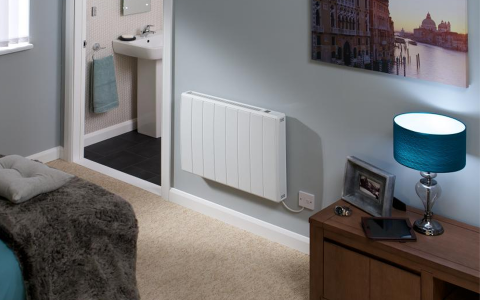Why choose Dimplex?
With 75 years of trading experience and a dedication to innovation and sustainability, Dimplex continues to provide award winning services across multiple sectors to their customers. With experienced specialists at hand to provide swift end to end service and support your project, Dimplex are dedicated to adding value and exceeding expectations.
Comprehensive service
We strive to be customer-focused in our business. Our Help Centre is complete with expert product information and intuitive to your needs. Product manuals and troubleshooting guides provide insights when choosing solutions for your home.
Our CommitmentSustainability strategy
As part of Glen Dimplex Group, we are committed to dealing with the sustainability challenges that come with providing heating and ventilation solutions. We aim to redesign the future with solutions that care for people and planet.
Our VisionEffective partnership
For our trade partners, we provide expertise gained through years of experience. Our curated resource library includes technical guidelines and specification information, to support you at every stage of your project.
Our Goals
Sectors
Learn more about what we do. Our range of HVAC solutions aim to provide future proof technologies to building projects over various sectors.

Gas deficit warning highlights potential of smart electric appliances
Today’s warning from National Grid that current demand for gas could outstrip supply is another demonstration of why we must continue to invest in lower carbon energy sources, Glen Dimplex Heating & Ventilation says.

Fuel Poverty: What you need to know
This month we're telling you everything you should know about fuel poverty and how you can prevent it.

Fuel Poverty Awareness Day 2019
2.5 million households in the UK meet the criteria for being in fuel poverty. That means that more than ten percent of homes in the UK are calculated as having above-median energy costs which, if the occupants were to pay them, would leave the household income below the official poverty line. This either means people are cold, in debt to their energy supplier, or have very little money left for other bills, food and necessities. What’s worse, reports and data suggest that our efforts to address this are stalling, and more people are entering fuel poverty than leaving it.













